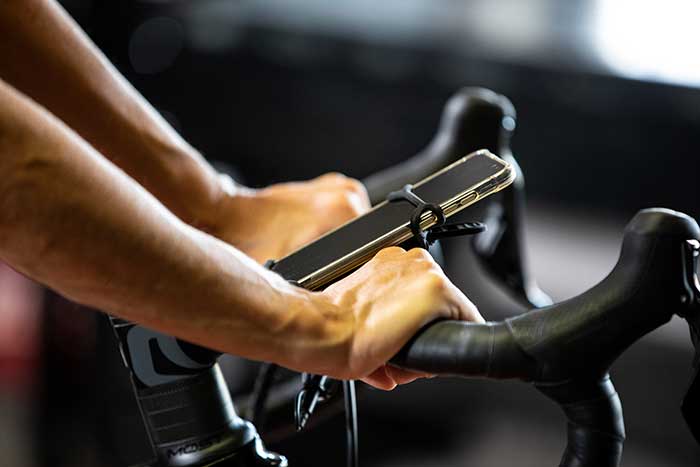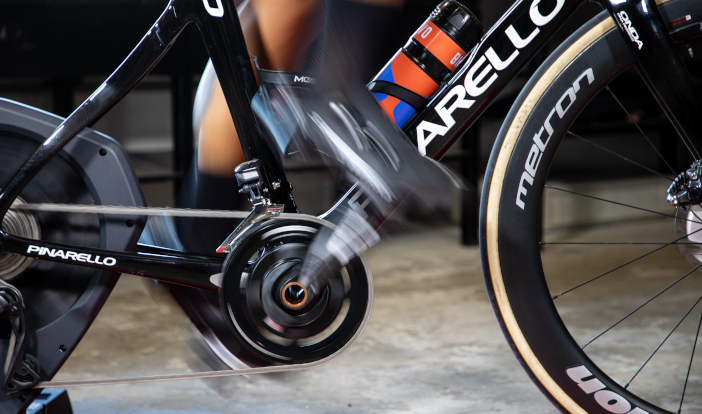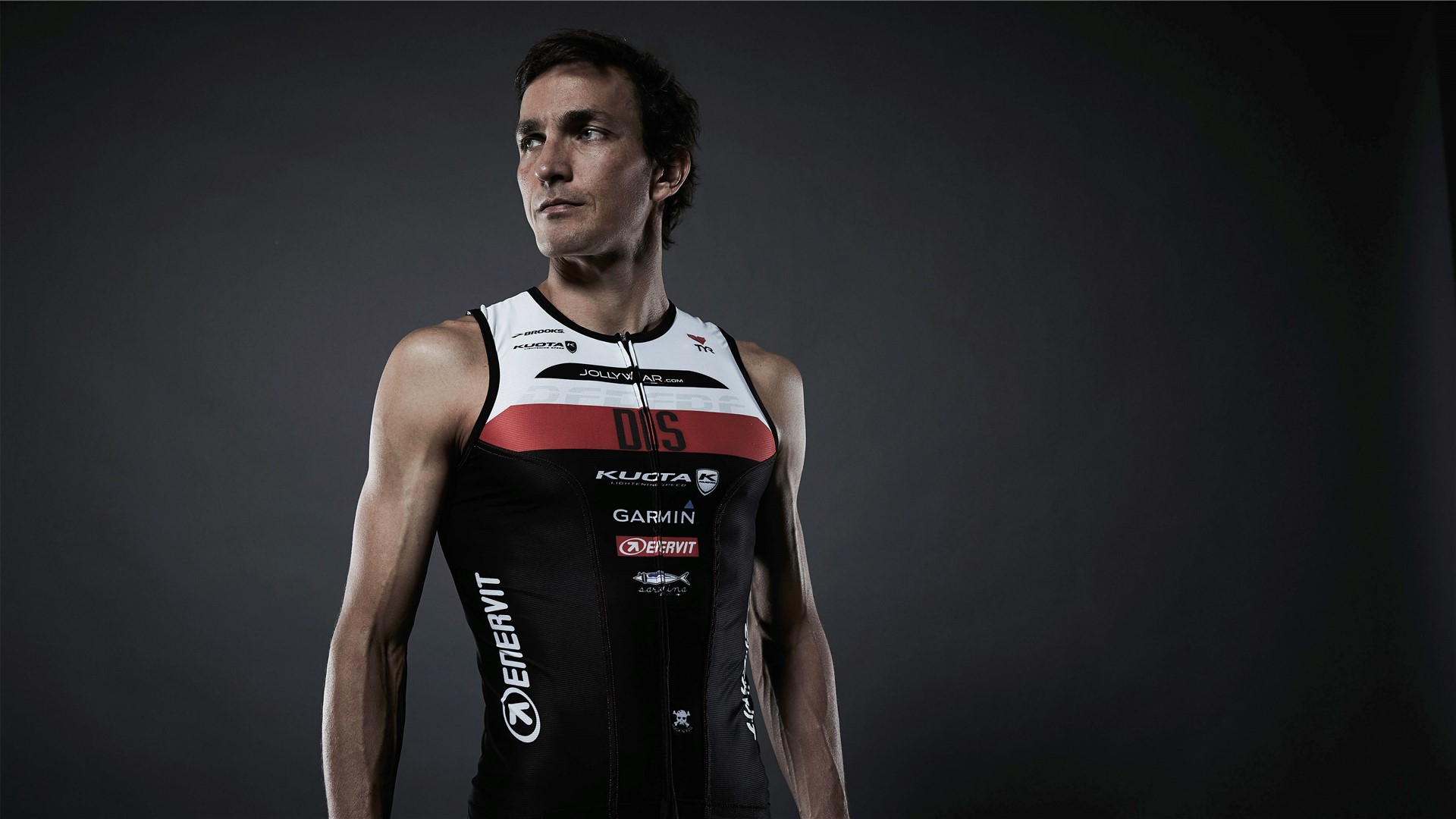Daniel Fontana is the Italian triathlete with the most titles. He holds two Olympic titles and the 70.3 Vice World Champion title and is the only Italian to win two races of the Ironman circuit. He explains why the step from cycling to triathlon is small and can provide a lot of satisfaction but only if you apply common sense and the right amount of moderation.
I know triathlon very well because I have had the fortune of being able to dedicate myself to triathlon full-time. I am a professional athlete still today, even though I no longer dedicate myself exclusively to this sport. Today my days are also filled with other things. I spend the same amount of time between the computer and meetings with companies’ marketing departments, as I spend on the bike, in the swimming pool or running.
Triathlon is a fascinating sport that allows you to vary your training. It keeps boredom away and often also injuries. I know many cyclist, both amateurs and professionals, and often train with them. During these years, I have convinced many of them to switch to triathlon. None of them has remained disappointed. Cyclists are athletes with a great motor, built during years of aerobic training and exertion. They may have some difficulty with swimming in the beginning, but that is easily resolved after some training sessions.
Meeting amateur athletes, often ex-runners or cyclists, is surely one of the many opportunities this sport offers me. They practice triathlon out of passion and not as a profession. I speak of an opportunity when speaking of these encounters, because during my career I have learnt more from them than from my professional colleagues.
Often, amateur triathletes are persons who are able to create, notwithstanding the great difficulties, the time necessary to train for demanding races such as an Ironman. They lead an impeccable lifestyle, strictly adhering to the rigors expected of those who dedicate themselves to endurance sports. I have seen an almost “obsessive” professionality among amateur athletes, a professionality that even I sometimes find difficult to sustain.
I would like to consider this in some more detail.
If, on the one hand, these persons are admirable because they are disciplined and respect the very demanding training schedule, on the other hand, there is a risk that they slide into something that is not completely reasonable.
For a professional athlete, every day is organized around training. The days are well balanced and training and the necessary rest are alternated. Professional athletes are fully concentrated on training, sleeping enough, eating and hydrating correctly, and constant physiotherapy.
This type of regime cannot be kept up for an amateur who works in the office and has family obligations. Under these circumstances the amateur athlete should learn how to modify the athletic commitments, adapt ambitions and avoid dangerous obsessions. The true challenge is to find a way to effectively match training and the obligations of everyday life.
The task of a trainer is to put together a training plan which is compatible with the office and family agenda, and above all teaches amateur athletes the best practices of amateur sports. The success of training is not only determined by the volume of training and the hours put in. Success is the result of an intelligent and efficient combination of quality and volume, respecting the individual’s metabolic adaptations to each training session. Accumulating fatigue through training, stress at work and tensions at home is certainly not the right way to ensure performance in races and risks that the athlete will get fed up with this sport.
Any journey into the wonderful world of triathlon should start with this awareness. All the rest is just marketing promoting false dreams that are impossible to reach and are likely to be an early antechamber to inevitable delusions.
Be smart and apply moderation and triathlon will give you the most beautiful emotions that a sport can give.
Have a good journey!

Editorial Board
You might also be interested in



